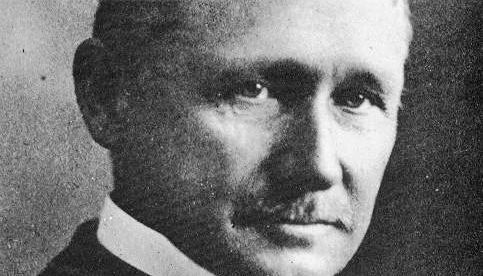'Quiet quitting' enters the chat:
When Quiet Quitting Is Worse Than the Real Thing
While most employers understand the challenges associated with resignations, a new trend — quiet quitting — has somewhat more-nuanced implications for organizations. Quiet quitters continue to perform all their regular work, but they refuse to go above and beyond and engage in what researchers refer to as citizenship behaviors. And to be sure, for jobs with responsibilities that can be fully defined in advance, this isn’t necessarily problematic. But many companies rely on a workforce that’s willing to step up and take on extra tasks when necessary. Furthermore, workers themselves benefit when they engage in citizenship behaviors, both in terms of their personal wellbeing and their professional growth. As such, this trend has the potential to harm not only employers, but employees as well — and it’s up to leaders to understand and address its root causes. In this piece, the authors identify three research-backed strategies for managers and leaders: redefine workers’ core job tasks; listen, then invest in employees; and replace an unhealthy hustle culture with sustainable “citizenship crafting.”
While most employers understand the challenges associated with resignations, a new trend — quiet quitting — has somewhat more-nuanced implications for organizations. Quiet quitters continue to perform all their regular work, but they refuse to go above and beyond and engage in what researchers...

hbr.org











